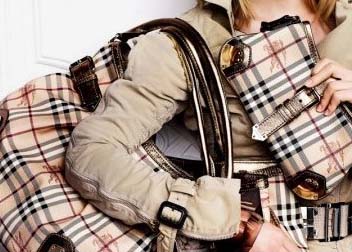Investing
Burberry shareholders reject new boss’s pay package

Investors in high-fashion retailer Burberry have rejected new CEO Christopher Bailey’s £10m a year pay package.
According to the BBC 52 per cent of shareholders voted against the package at the retailer’s annual general meeting in London.
Bailey, who took over as chief executive in May, retains his position as chief creative officer.
His deal included an annual allowance of £440,000 on top of a £1.1m annual salary and hundreds of thousands of company shares, the value of which is now more than £7m. According to Burberry Bailey could earn up to £10m a year for the next five years if the company hits its targets.
Investors also expressed concern over the 1.35m shares Bailey was allocated before becoming chief executive. These shares have no performance criteria attached to them and would, at today’s valuation, be worth £19.5m by the time Bailey becomes able to sell them.
Burberry’s board argued that the high pay was justified to keep Bailey on board at the brand.
Sir John Peace, chairman of Burberry’s board, said: “We know that the amount paid to Christopher is a lot of money, but much of it is performance-related, which he will only receive if Burberry performs strongly. This will of course also benefit shareholders.”
Peace continued: “We are acutely aware that he could command a much higher package outside of the UK.”
Regardless, the Investment Management Association has issued an “amber top” warning about Burberry’s pay policy, the second most serious censure that the association – which represents the investment management industry – can give.
Earlier this week Burberry announced revenues of £370m for the three months to the end of June, up almost ten per cent from a year earlier.